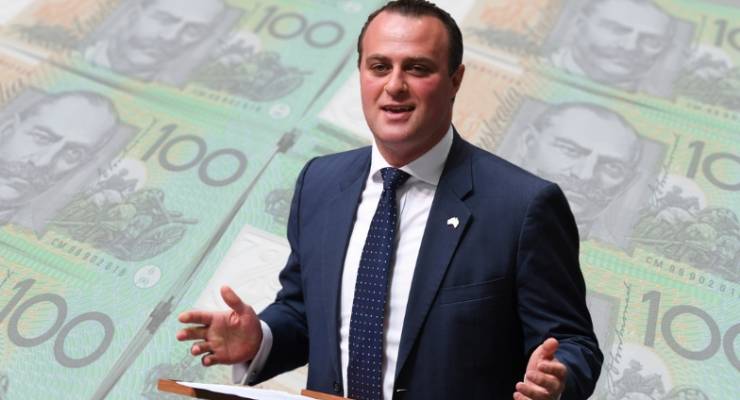
Readers had a few things to add to our discussions yesterday on franking credits and how the Coalition played the issue for their unlikely victory. While many agreed it was a problem, they were unconvinced that it swung the election. Elsewhere, readers tackled the question of election polling.
On franking credits and the election
David Edmunds writes: I am in the pension phase of my retirement, pay no income tax and receive a very nice franking credit “refund”. I can see no earthly reason why I am the recipient of such largess, but apparently many people in my position believe that they deserve a front-row position at the trough. I do not believe that those elderly people furious about the loss of excess franking credits had the slightest intention of voting Labor under any circumstances. In any case, there is only a tiny proportion of the population that are affected, and that includes a fair proportion of us who believe that the Labor proposal is a fair cop. We also know, as some commentators have pointed out, that it is a measure that is simply unaffordable and a government in the near future will have to act. In short, it was a factor, but probably not a defining issue.
Russell Bancrofta writes: I live in Goldstein, aka franking credits central. I understand that the ALP gained a 5% two-party preferred swing. Draw your own conclusions.
On the troubles of political polling
Jim Blundell writes: Have we, the public and the politicos, ever had an informed and experienced forensic assessment of the pollsters black box methodologies, the theory and the practice of what they do? Transparency is much lacking and unlikely to volunteered. Election polls require the statistical equivalent of a royal commission. And not one run or controlled by the pollsters or their sponsors.
Correction: a reader comment yesterday was incorrectly attributed to Peter Wesley-Smith. Crikey apologises for the mistake.
Send your comments, corrections, clarifications and cock-ups to boss@crikey.com.au. We reserve the right to edit comments for length and clarity. Please include your full name if you would like to be considered for publication.







Colin Edwards writes: Do I think franking credits won it for the Coalition? It helped, especially in electorates like Dickson, but “king coal” was the big decider. Like John Howard waited till he was in government to introduce GST, amendments needed to the franking credits legislation could only be achieved by the party in power.
Graham Thorburn writes: I think franking credits were the pointy end of a strange paradox: on one hand we are seeing the effects of the Costello/Howard bribes to baby boomers continue to resonate through society, and people are determined to hang onto this misplaced largess whatever the effect on generations to come. They are simultaneously persuaded that the way to give their children a better life in a changing world is through inheritance, rather than through systemic change.